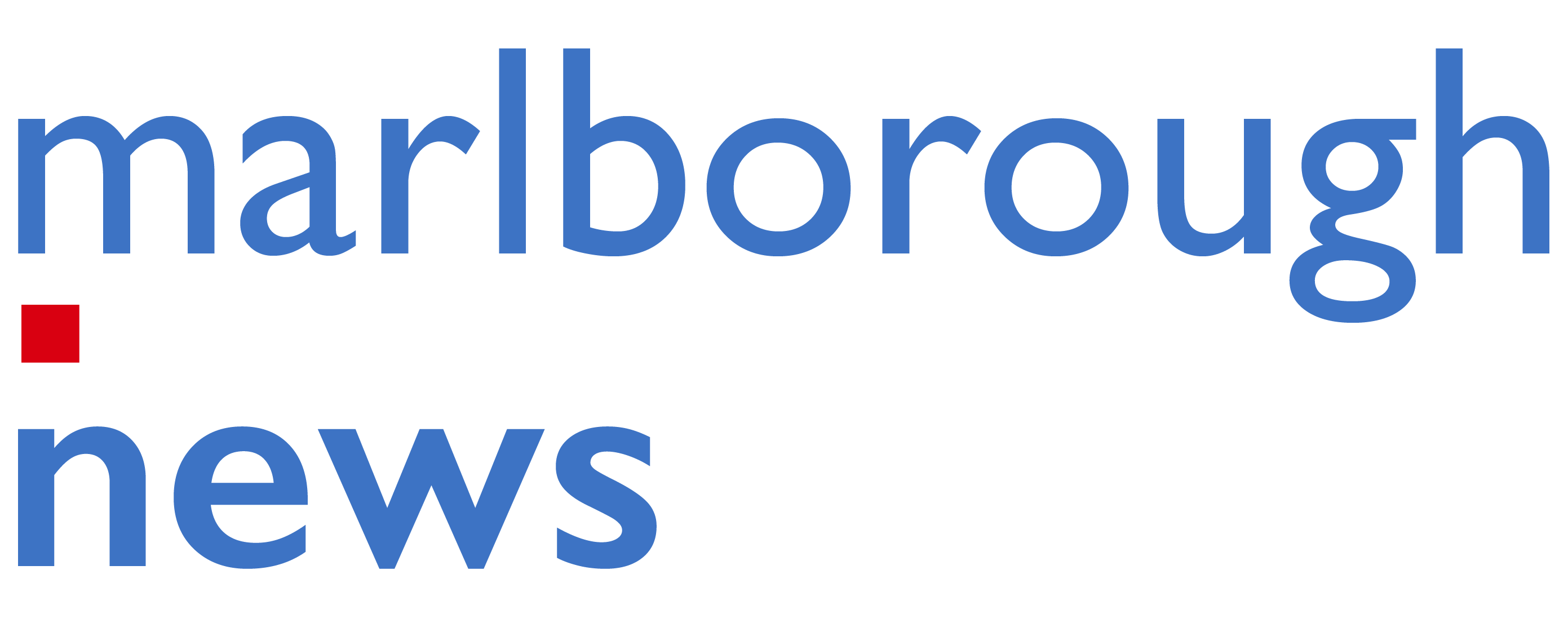
A potentially dangerous gap in the regulations surrounding these supplies has come to light. Not all homes using non-mains water will know if it contains too much nitrate.
Wiltshire Council’s Public Protection Department has told marlborough.news that there are 606 registered private water supplies in the county, the Environmental Control and Protection Team at Wiltshire Council are responsible their regulation:
“The Private Water Supply Regulations 2016 require that any private water supply which supplies more than one property or has a commercial use is periodically sampled. These supplies are also risk assessed by the team every five years.”
292 boreholes out of the 606 supply more than one property. However, a local authority is not required to sample or risk assess water supplied to a single dwelling – unless owners request it. Rented properties are classed as commercial users.
Nitrate analysis is included in tests if a risk assessment shows it is necessary – a home surrounded by arable fields or one with a history of high nitrate results.
“Nitrate occurs naturally in ground and surface water, but agriculture can increase the level of nitrate through the application of natural and synthetic nitrogen rich fertilisers. Around 55 per cent of land in England is classified as a Nitrate Vulnerable Zone where the Environment Agency ensure farmers comply with rules regarding nitrate application.”
“The statutory limit for nitrate in private water supplies is 50 milligrams per liter (mg/l). There is no concern for adult health from the consumption of drinking water with nitrates up to a level of 100mg/l.”
“However, bottle fed infants up to the age of 6 months, and in particular those under 3 months, are considered to be susceptible to infantile methaemoglobinaemia – sometimes referred to as ‘blue baby syndrome’ – which can be caused by high nitrate levels in water.”
‘Blue baby syndrome’ is rare in industrialised countries, but in some cases can be fatal: “Water with nitrate over 50mg/l should not be used to make up bottle feeds for babies under six months.”
Following a water test that show nitrates above the 50mg/l level, the local authority can insist that a nitrate treatment system is installed. When there are arable fields near a property with a supply breaching the 50 mg/l standard, they can recommend farmers avoid nitrate application within 50 metre exclusion zones.
But problems of land ownership may make this impossible. And anyway the offending nitrates may have travelled some distance underground before being pumped up into a water supply.
Wiltshire Council is not required to refer individual breaches of the 50mg/l limit to either the Environment Agency (who do their own ground water tests at 57 sites across Wiltshire) or the Drinking Water Inspectorate (who annually get all Wiltshire’s test results.)
The gap in the regulations is simply that a house next door to one that has been found with high nitrate levels will be unaware that their supply – probably from the same aquifer – is suspect. And they may have very young children or visiting grandchildren.
How far is this a problem? Marlborough.news asked Sam Thompson, director with the Pewsey firm Whatley & Co Ltd who are the main water engineers for this area, how common are high nitrate levels?:
“I would say that there has been an increase in the number of supplies exceeding the 50 limit over the last 5 to 10 years, although to be honest it is still only a few rather than many.”
How easy is it trace the source of nitrate pollution? “The water flows in varying directions over the Marlborough downs area and this can be a fairly complicated subject due to increasing and decreasing levels in groundwater.”
“Nitrates in general are controlled very strictly, particularly application of any nitrates for agriculture nowadays. With the ever increasing cost of farm chemicals, it is not something that farmers spread ‘willy nilly’.”
“We would only surmise that any issues with nitrates are a result of practices from previous generations rather than modern technology and practices.”
Nitrates are, of course, not the only potentially harmful pollutant that can be found in private water supplies. One way to improve this situation is to make sure all private water supplies are properly registered – so house owners can then have their supply tested by the Council.
Wiltshire Council has to keep records of the private water supplies in their area: “If you have a supply that you don’t think is registered please contact the Environmental Protection Team at publicprotectionwest@wiltshire.gov.uk or on 0300 4560107.”








